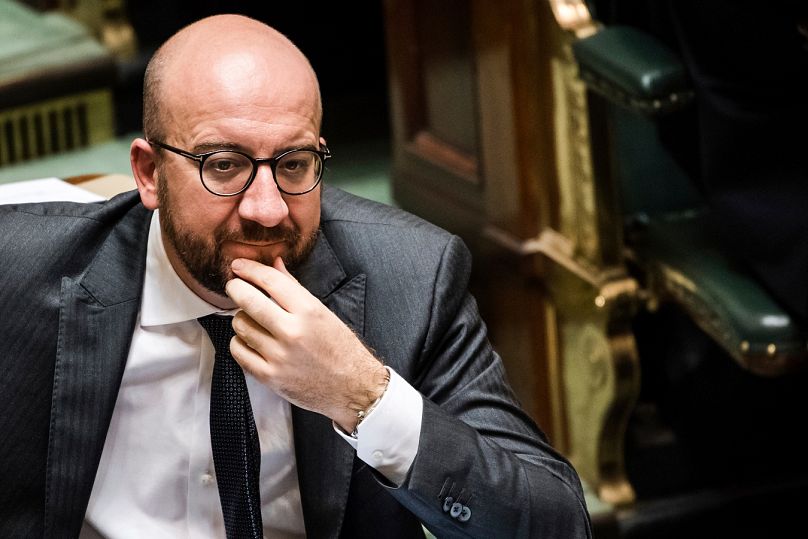Ahead of the European Parliament elections in June, we outline the functions of the different branches of the European Union. What does the European Council do?
Voters across the European Union are preparing to go to the polls at the beginning of June for the 2024 European Parliament elections. The perceived complexity of how things work in Brussels work is blaed on low turnout at the polls. As part of a series outlining the form and functions of the key EU institutions, here we explain the role of the European Council.
 ADVERTISEMENT
ADVERTISEMENT
 ADVERTISEMENT
ADVERTISEMENT
What is the European Council?
The European Council defines the overall political direction and priorities of the European Union, setting its policy agenda.
It is made up of the heads of state or government of the 27 European Union member countries, plus the European Council president and the president of the European Commission.
The European Council began in 1974 as an informal forum for discussion between these heads of government, from where its role of determining the EU's priorities and goals developed. Its formal status was enshrined in the Treaty of Maastricht in 1992. In 2009, the Lisbon Treaty installed the European Council as one of the seven EU institutions.
The Council meets at least twice every six months – with the meetings referred to as EU summits – at its headquarters the Europa building, in Brussels.
What does the European Council do?
The European Council is the EU's agenda-setting body, defining the bloc's strategic direction in terms of politics and policy and representing political co-operation between the 27 member states. As such, it also plays a crisis-solving role.
It holds meetings at which it discusses issues of concern and decides what action should be taken regarding them – referred to as "conclusions". These conclusions can also be used to set deadlines for reaching agreement on an item. Conclusions are adopted by consensus between all EU member states.
The Council also plays a role in the appointment of various high-profile EU appointments. It is responsible for electing its own president, proposing the president of the European Commission and officially appointing its commissioners, appointing the High Representative of the Union for Foreign Affairs and Security Policy, and appointing the executive board of the European Central Bank, including its president.
Who is in charge?
The European Council President oversees the work of the Council and represents the European Union on the world stage. He or she chairs its meetings and can also convene extraordinary meetings of the Council when needed. The president does not take part in votes taken by the Council.
The Council elects its own president, by majority, for a term of two and a half years, which can be renewed once. The current president is former Belgian prime minister Charles Michel, who has served since 2019. Early in January, Charles Michel announced that he would resign to run for a seat in the European Parliament, before changing his mind and deciding to complete his mandate.
What is the difference between the European Council and the Council of the European Union?
The Council of the European Union is also an intergovernmental body of the EU, representing the executive governments of the member states, but unlike the European Council, it is a legislative body (like the European Parliament).
Whereas the European Council is comprised of the heads of state for each of the 27 EU member countries, meetings of the Council of the European Union are comprised of the government minister from each of the member states responsible for a certain portfolio – for example, if the topic being considered at a meeting of the Council of the EU is health, the minister for health from each of the member states will attend.
Ministers discuss, amend and adopt legislation, and have the authority to commit their respective governments to actions agreed on at Council meetings.
The presidency of the Council of the EU rotates every six months, with Belgium currently at the helm.











